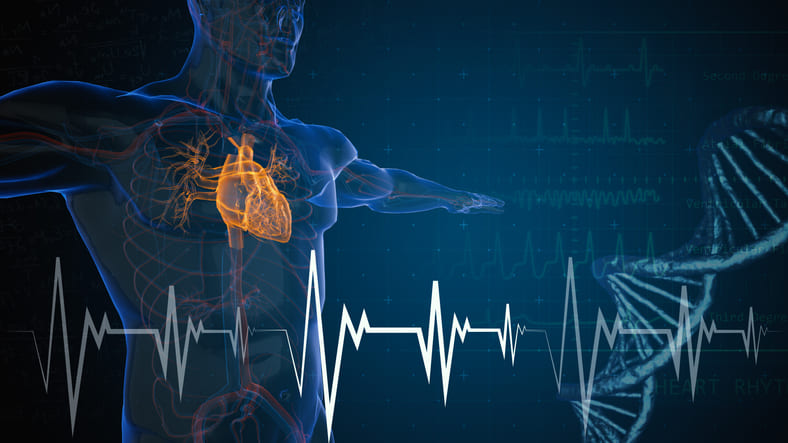In recent years, artificial intelligence (AI) has found numerous applications in cardiology due in part to large digitized datasets and the evolution of high performance computing. In the discipline of cardiac electrophysiology (EP), a number of clinical, imaging, and electrical waveform data are considered in the diagnosis, prognostication and management of arrhythmias, which lend themselves well to automation through AI. But equally relevant, AI offers a unique opportunity to discover novel EP concepts and improve clinical care through its inherent, hierarchical tenets of self-learning. This review will focus on the application of AI in clinical EP and summarize state-of-the art, large, clinical studies in the following key domains: (1) ECG-based arrhythmia and disease classification, (2) atrial fibrillation source detection, (3) substrate and risk assessment for atrial fibrillation and ventricular tachyarrhythmias, and (4) predicting outcomes after cardiac resynchronization therapy. Many are small, single-center, proof-of-concept investigations, but they still demonstrate groundbreaking performance of deep learning, a subdomain of AI, which surpasses traditional statistical analysis. Larger studies, for instance classifying arrhythmias from ECG recordings, have further provided external validation of their high accuracy. Ultimately, the performance of AI is dependent on the quality of the input data and the rigor of algorithm development. The field is still nascent and several barriers will need to be overcome, including prospective validation in large, well-labelled datasets and more seamless information technology-based data collection/integration, before AI can be adopted into broader clinical EP practice. This review will conclude with a discussion of these challenges and future work.Copyright © 2021. Published by Elsevier Inc.
The Role of Artificial Intelligence and Machine Learning in Clinical Cardiac Electrophysiology.


